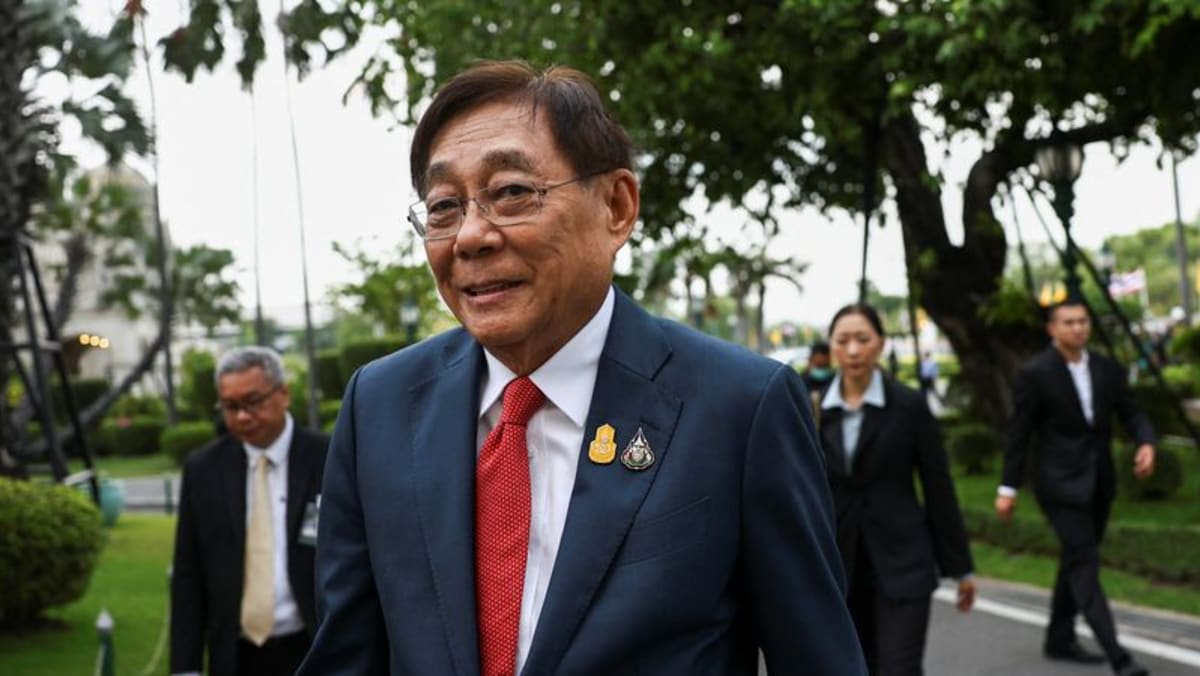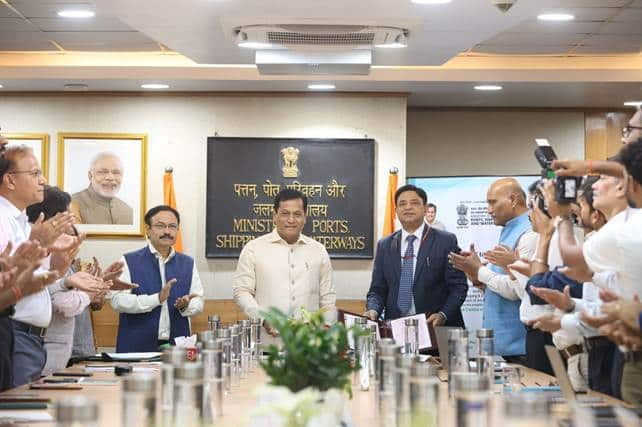India Defends Farming & Dairy Industries: Agriculture Remains a 'Red Line' in US Trade Talks
New Delhi – Indian Finance Minister Nirmala Sitharaman has firmly stated that the nation's agriculture and dairy sectors are non-negotiable during ongoing trade discussions with the United States. In an exclusive interview with Financial Express published on Monday, Sitharaman underscored the strategic importance of these industries to India’s economy and rural livelihoods.
The declaration comes amidst renewed efforts to reach a comprehensive trade agreement between the two countries. While progress has been made on several fronts, agriculture and dairy have consistently presented significant hurdles. Sitharaman’s comments signal India's unwavering commitment to protecting its domestic farmers and the dairy industry from potentially damaging trade liberalization.
Why Agriculture & Dairy are 'Red Lines'
India’s agricultural sector employs a vast majority of the country’s workforce, particularly in rural areas. Dairy farming is a critical source of income for millions of smallholder farmers and contributes significantly to rural economies. Opening these sectors to unrestricted US imports could have devastating consequences, potentially undermining local production, driving down prices, and disrupting livelihoods.
Sitharaman emphasized that any trade agreement must be balanced and equitable, taking into consideration the specific needs and vulnerabilities of the Indian agricultural and dairy sectors. She highlighted the government’s ongoing efforts to modernize agriculture, improve farmer incomes, and enhance the competitiveness of Indian dairy products through initiatives like the National Dairy Development Board and various farmer support schemes.
The US Perspective & Potential Roadblocks
The United States has long sought greater access to the Indian market for its agricultural products, including dairy. US negotiators argue that removing trade barriers would benefit both countries by increasing trade flows and providing consumers with more choices. However, India’s concerns about the impact on domestic producers remain a major obstacle.
Previous trade negotiations have seen similar clashes over agricultural issues. India has consistently resisted pressure to significantly reduce tariffs on agricultural imports, citing concerns about food security and the potential for market disruption. The current round of talks is expected to be no different, with both sides bracing for tough negotiations on this sensitive topic.
Broader Trade Agreement Implications
The agriculture and dairy dispute is just one aspect of a broader trade agreement that aims to address a range of issues, including intellectual property rights, data localization, and market access for various goods and services. The outcome of these negotiations will have significant implications for the bilateral trade relationship between India and the United States, and potentially for the global trading system.
Sitharaman's stance reinforces India’s commitment to safeguarding its national interests and ensuring that any trade agreement serves the best interests of its citizens, particularly those in the agricultural and dairy sectors. The coming months are likely to see intense negotiations as both countries attempt to bridge the divide and reach a mutually beneficial agreement.






